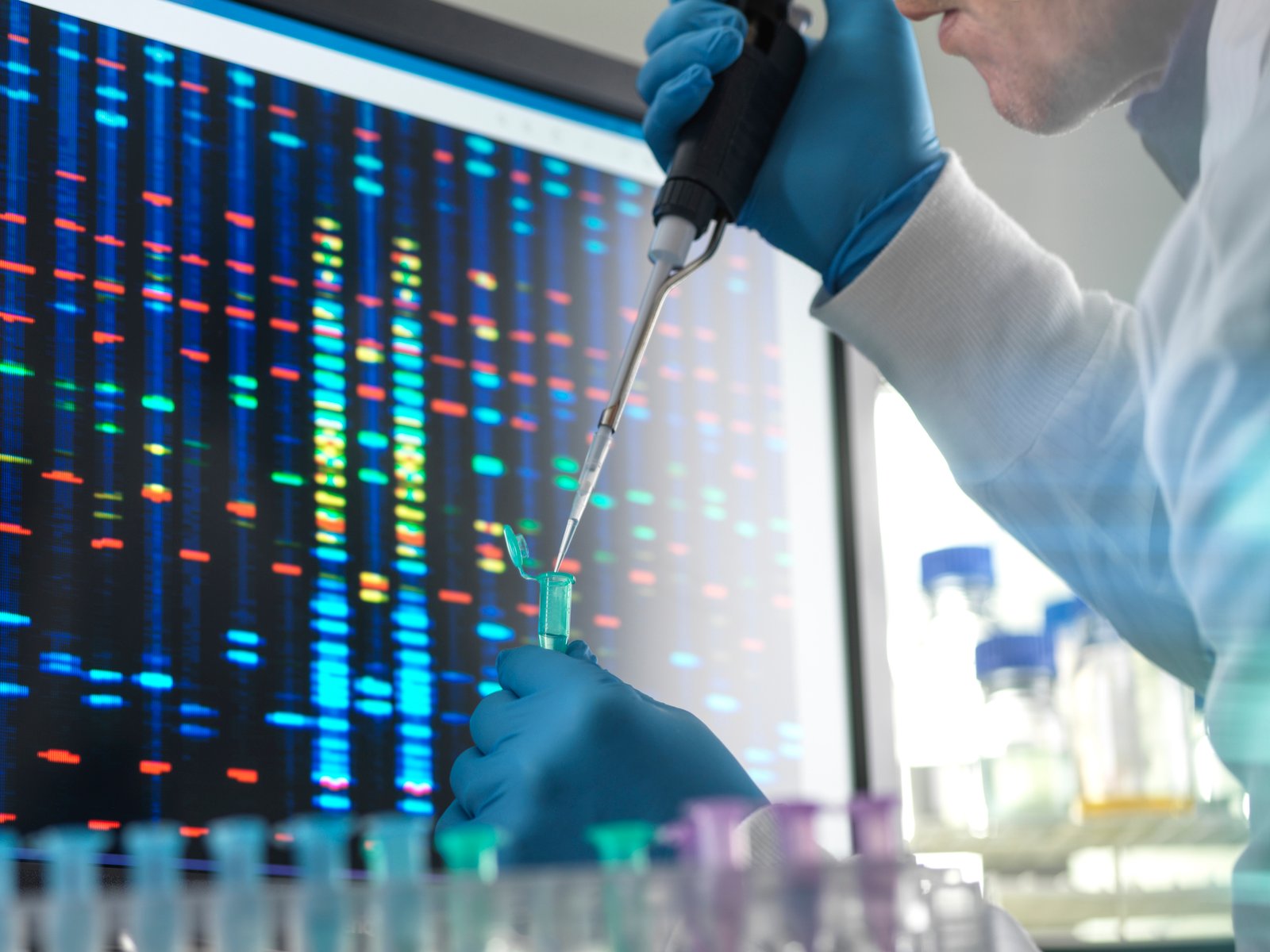American Civil Liberties Union
DPS Seeks Mayes’ Legal Insights to Propel Rapid DNA Testing Expansion in Arizona

The Arizona Department of Public Safety (DPS) has reached out to Attorney General Kris Mayes concerning the deployment of rapid DNA testing technology, which has sparked debate over privacy concerns. While law enforcement advocates for the technology as a means to expedite the resolution of cold cases, critics warn about potential misuse and ethical implications.
Rapid DNA devices can provide test results in just 90 minutes, significantly faster than the weeks typically required by traditional labs. Proponents argue this innovation alleviates chronic backlogs in crime labs and could facilitate the rapid creation of state and national DNA databases. However, opponents raise alarm over risks of unauthorized testing and the possible mishandling of sensitive genetic material.
In a letter sent to Mayes in November, the DPS requested a legal opinion to clarify whether Arizona laws grant the authority to use this technology during the booking process at detention facilities. To gain FBI approval, DPS must first establish the legality of implementing such a program, which would analyze DNA collected from individuals arrested for qualifying offenses.
Arizona has been at the forefront of adopting rapid DNA technology since a statewide initiative was launched in 2014. The latest proposal seeks to allow the analysis of DNA samples through Rapid DNA machines during booking, which would subsequently enter the Combined DNA Index System (CODIS), the national DNA database.
DPS stated, “The State of Arizona already allows for the collection of DNA from individuals arrested for qualifying offenses. This program would reduce the turnaround time for these samples to be analyzed and entered into CODIS.” State officials must submit a detailed proposal to the FBI to comply with mandatory operational procedures before entering an agreement to establish a Rapid DNA Booking Program.
Louisiana became the first state approved by the FBI for similar initiatives in 2022, with Florida following suit shortly thereafter. Despite the potential benefits, civil rights organizations like the American Civil Liberties Union have raised significant concerns regarding privacy and misuse stemming from this technology. Advocacy for its use has been strongly supported by former Washington State Rep. Dave Reichert, who promotes partnerships with the FBI and international implementation.
While proponents argue that such technology has been instrumental in solving cold cases and aiding victim identification post-natural disasters, critics point to instances of errors and fraud in DNA handling that have led to thousands of case reviews. In response, the DPS has implemented measures to ensure the integrity of samples collected for rapid testing and confirm that they undergo verification by accredited crime labs.
“A wide variety of case types have been processed in our program including residential and commercial burglary, aggravated assault, sexual assault, and homicides,” the DPS explained. This program has also led to vital identifications in vehicular accidents and the exoneration of some individuals entangled in criminal investigations.
If the program is approved, DNA tested through these rapid devices will be cross-referenced with a select group of unsolved forensic cases. Notifications would be sent to booking stations in the event of matches. Importantly, only personnel within the Law Enforcement Rapid DNA Program will have access to this sensitive data, which will be strictly transmitted via secure law enforcement channels.
Rapid DNA testing has also seen application at the southern border, mainly involving asylum seekers, raising similar privacy issues echoed by various advocacy organizations.

















